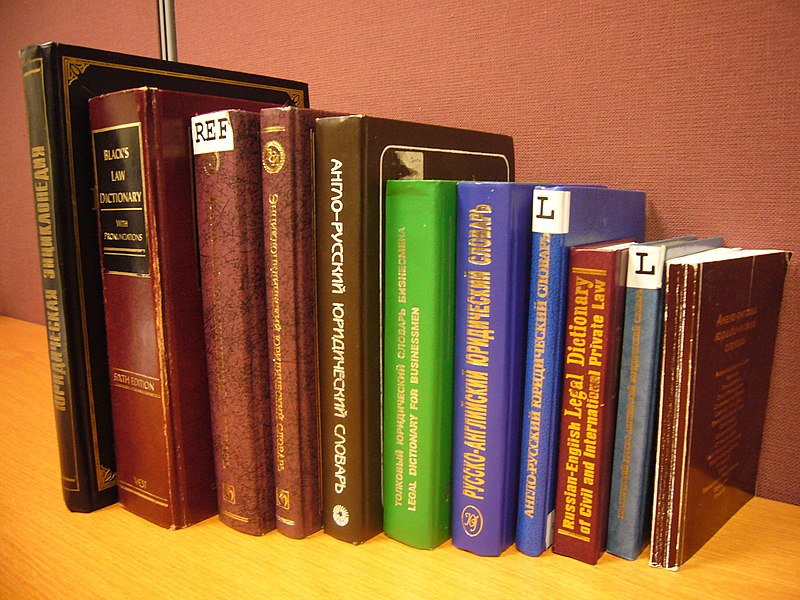shilohcreekkennels.com – Legal dictionaries are essential tools for legal professionals, providing a comprehensive understanding of legal terms and maxims. These reference materials are crucial for researchers, lawyers, and students alike, as they help in navigating the complexities of legal language and terminology.
What are Legal Dictionaries?
Legal dictionaries are specialized reference books that define and explain legal terms, phrases, and concepts. They are designed to assist in the interpretation of legal documents, statutes, and case law. These dictionaries are invaluable for anyone involved in legal research or writing, as they offer precise definitions and explanations that are tailored to the legal context.
Importance of Legal Dictionaries in Legal Writing
- Clarity and Precision: Legal writing requires clarity and precision to effectively communicate legal arguments and interpretations. Legal dictionaries provide the necessary definitions and explanations to ensure that legal documents are clear and unambiguous.
- Understanding Legal Precedents: Legal dictionaries help in understanding the historical context and evolution of legal terms. This understanding is crucial for interpreting statutes and case law accurately.
- Enhancing Legal Research: Legal dictionaries are not only useful for defining terms but also for guiding legal research. They often include references to relevant cases and statutes, which can be crucial for building a strong legal argument.
- Educational and Training Tools: For law students and new lawyers, legal dictionaries serve as educational tools, helping them to grasp complex legal concepts and build a strong foundation in legal language.
How to Effectively Use Legal Dictionaries
- Choose the Right Dictionary: There are many legal dictionaries available, each with its own focus and scope. Choose a dictionary that is relevant to your area of law and that provides the depth of information you need.
- Use in Conjunction with Other Legal Resources: Legal dictionaries should be used in conjunction with other legal resources such as statutes, case law, and legal journals. This integrated approach helps in gaining a comprehensive understanding of legal concepts.
- Regular Updates: Legal dictionaries should be updated regularly to reflect changes in the law and legal terminology. This ensures that the definitions and explanations are current and accurate.
- Practice and Application: Regular use of legal dictionaries in legal writing and research helps in developing a deeper understanding of legal language and concepts. This practice enhances the ability to write and argue effectively in legal contexts.
Conclusion
Legal dictionaries are indispensable tools for anyone involved in legal research, writing, or practice. They provide the clarity, precision, and depth of understanding necessary to navigate the complexities of legal language and terminology. By effectively using legal dictionaries, legal professionals can enhance their ability to communicate effectively, research efficiently, and argue persuasively in legal contexts.
